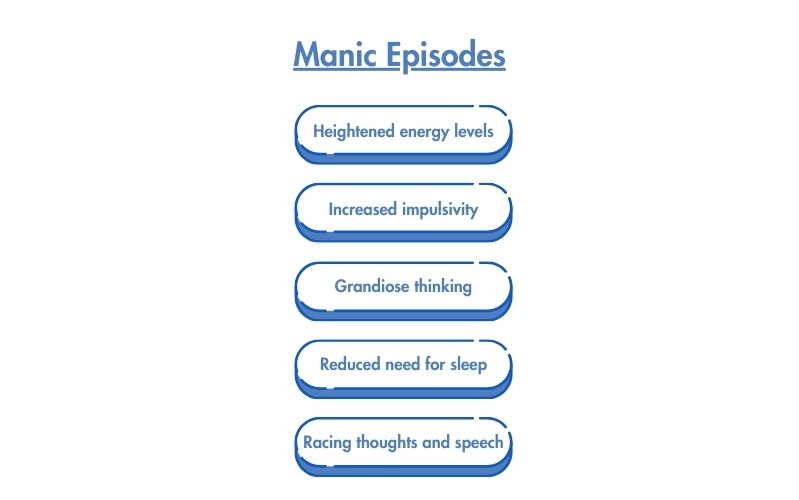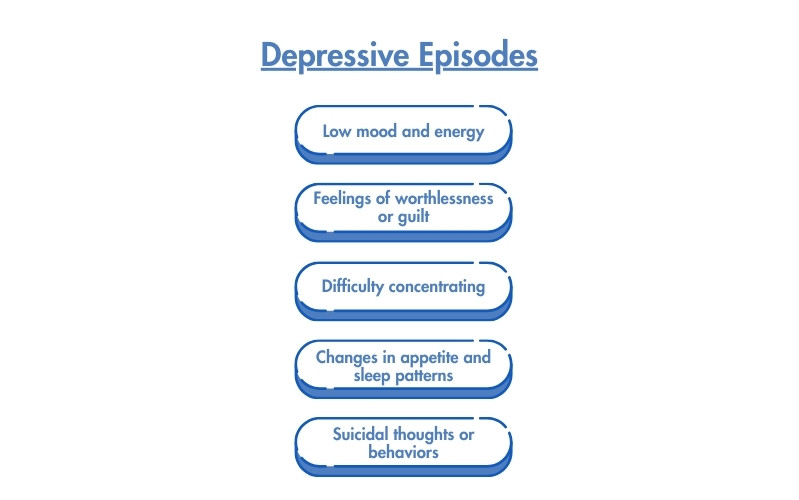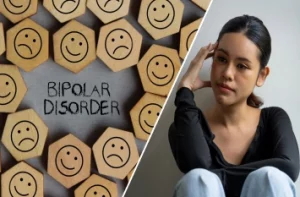
Tricyclic Antidepressants vs. SSRIs: Understanding the Differences and Similarities
How Long Do Depressive Episodes Last? Understanding the Duration Get Instant Relief Now! Understanding the differences and similarities between tricyclic antidepressants (TCAs) and selective serotonin





